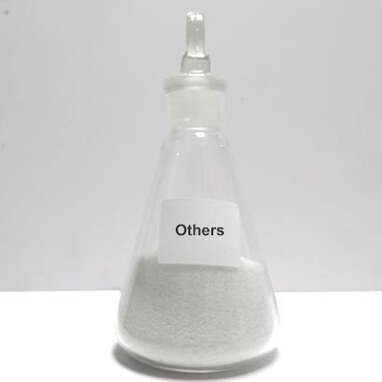In the fermentation industry, the recovery of solid materials from dilute alcohol waste is a critical process for improving overall efficiency. One promising solution lies in the use of drinking-grade polyacrylamide, a synthetic polymer that enhances flocculation and sedimentation during production.
Polyacrylamide functions by promoting the aggregation of suspended solid particles, facilitating their settlement and removal from the liquid phase. This process not only streamlines waste management but also maximizes the recovery of valuable materials, thereby increasing yield.
Recent studies have shown that incorporating drinking-grade polyacrylamide can improve recovery efficiency rates by up to 30%. By optimizing the production workflow, we can ensure that resources are utilized more effectively, ultimately leading to cost reductions and enhanced profitability.
Investing in the use of drinking-grade polyacrylamide not only benefits environmental sustainability but also delivers significant economic advantages within the fermentation industry. As we continue to explore innovative solutions for processing waste, polyacrylamide stands out as a key player in driving efficiency and recovery rates.

